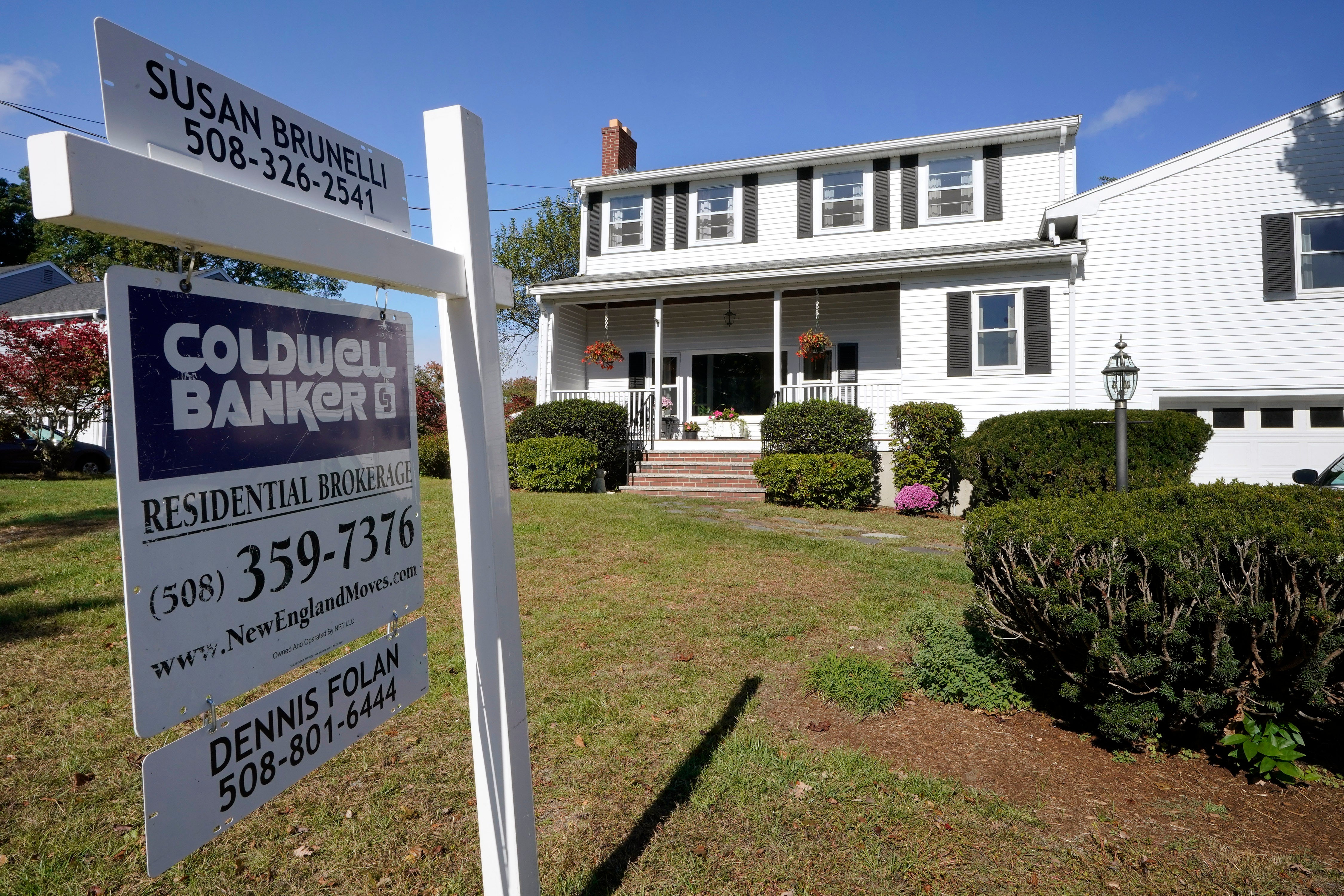US mortgage rates fall to new lows; 30-year loan at 2.72%
U.S. long-term mortgage rates fell this week, reaching record lows for the 13th time this year amid fresh signs of weakness in the pandemic-ravaged economy

Your support helps us to tell the story
From reproductive rights to climate change to Big Tech, The Independent is on the ground when the story is developing. Whether it's investigating the financials of Elon Musk's pro-Trump PAC or producing our latest documentary, 'The A Word', which shines a light on the American women fighting for reproductive rights, we know how important it is to parse out the facts from the messaging.
At such a critical moment in US history, we need reporters on the ground. Your donation allows us to keep sending journalists to speak to both sides of the story.
The Independent is trusted by Americans across the entire political spectrum. And unlike many other quality news outlets, we choose not to lock Americans out of our reporting and analysis with paywalls. We believe quality journalism should be available to everyone, paid for by those who can afford it.
Your support makes all the difference.U.S. long-term mortgage rates fell this week, reaching record lows for the 13th time this year amid fresh signs of weakness in the pandemic-ravaged economy
Mortgage buyer Freddie Mac reported Thursday that the average rate on the 30-year benchmark loan declined to 2.72% from 2.84% last week. By contrast, the rate averaged 3.66% a year ago.
The average rate on the 15-year fixed-rate mortgage eased to 2.28% from 2.34%.
Home loan rates have trended downward through most of this year, bolstering demand from would-be homebuyers.
Fresh signs emerged this week that the resurgent coronavirus outbreak is likely slowing the economy and forcing more companies to cut jobs.
The government reported Tuesday that retail sales in the U.S. — representing about a third of overall consumer spending — grew a sluggish 0.3% in October, even as retailers offered early holiday discounts online and in stores.
And a report Thursday from the Labor Department showed that the number of Americans seeking unemployment aid rose last week to 742,000, the first increase in five weeks. The worsening pandemic and the arrival of cold weather could accelerate layoffs in the weeks ahead.
Of the roughly 20 million Americans now receiving some form of jobless benefits, about half will lose that aid when two federal programs expire at year’s end.